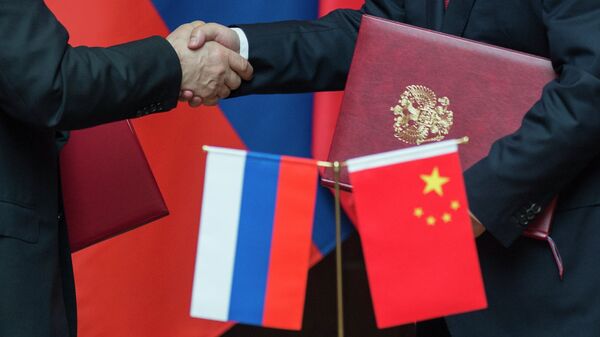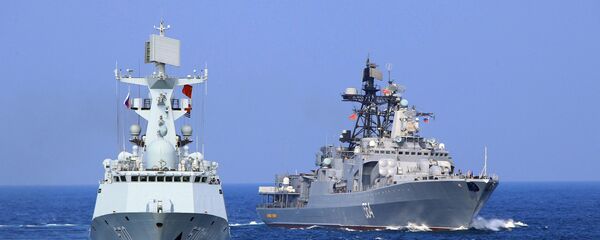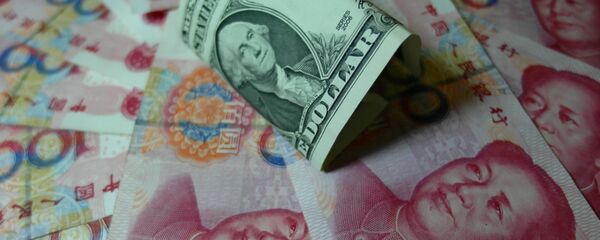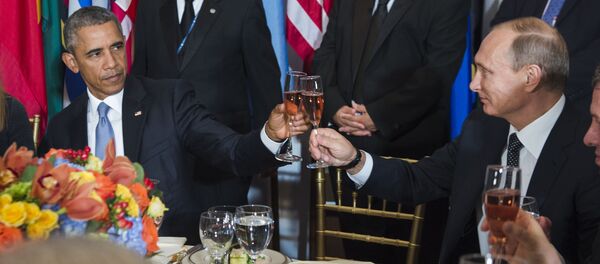The expert identified several distinct areas of development in Sino-Russian relations after the US, EU and a handful of their allies imposed sanctions against some Russian companies following Crimea's decision in March 2014 to join the Russian Federation in the aftermath of the Maidan coup d'etat.
"The cooperation between Moscow and China after the imposition of sanctions developed in four areas: energy, trade, currency conversion operations and military-industrial cooperation," Firouzkalaei said.
Russia, one of China's biggest energy suppliers is set to increase its supply with the Power of Siberia gas transportation project.
Russia's Gazprom and the China National Petroleum Corporation (CNPC) have agreed on the construction of two pipelines, which will transport gas from Yakutia and Irkutsk gas production centers to Russia's Far East and on to China. The "Western" and "Eastern" pipelines will transport 30 and 38 billion cubic meters of gas per year respectively to China.
"Contracts for the export of Russian natural gas to China are already being executed. At the same time, several different routes for the transportation of Russian gas to China will compensate the Chinese for a possible shortage of gas, and also increase the ecological safety of the contracts," Firouzkalaei said.
"Russia and China are carrying out transactions in national currencies. By not using the dollar when it does business with China, Russia is immune from the US threat to switch off the SWIFT payment system," Firouzkalaei said.
Russia and China have also increased their defense cooperation, as they share joint concerns over the activities of the US in the Far East and Europe, where Washington is intent on installing anti-missile defense shields and giving itself an "umbrella" of rocket sites.
As recently as last month the two countries carried out joint naval exercises in the South China Sea, and Firouzkalaei foresees further bilateral cooperation in the military-industrial sphere.
"The foundation is there for Russia and China to enter into closer and longer-term cooperation, including manned spaceflight, which would be really beneficial and efficient for both parties. Such cooperation may be used in the framework of military-technical cooperation between the two countries."
"Of particular consideration is Chinese technology in the sphere of atomic energy, and also Russia's experience in building a missile defense system using both ground-based and space-based monitoring systems," Firouzkalaei said.
"The cooperation of Russia and China now, in the period of the Ukraine crisis, is much larger than ever before and Western sanctions against Russia have only enabled that increase."
"The strengthening of cooperation between Russia, China and independent partner countries forms the essential basis of a new alliance in opposition to the US," Firouzkalaei concluded.





